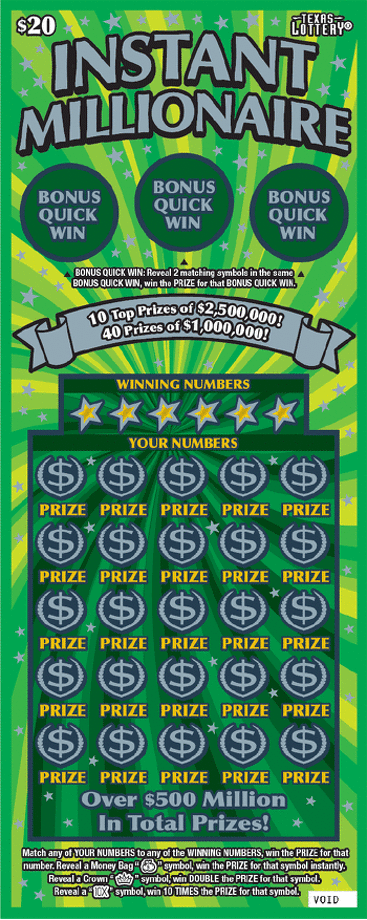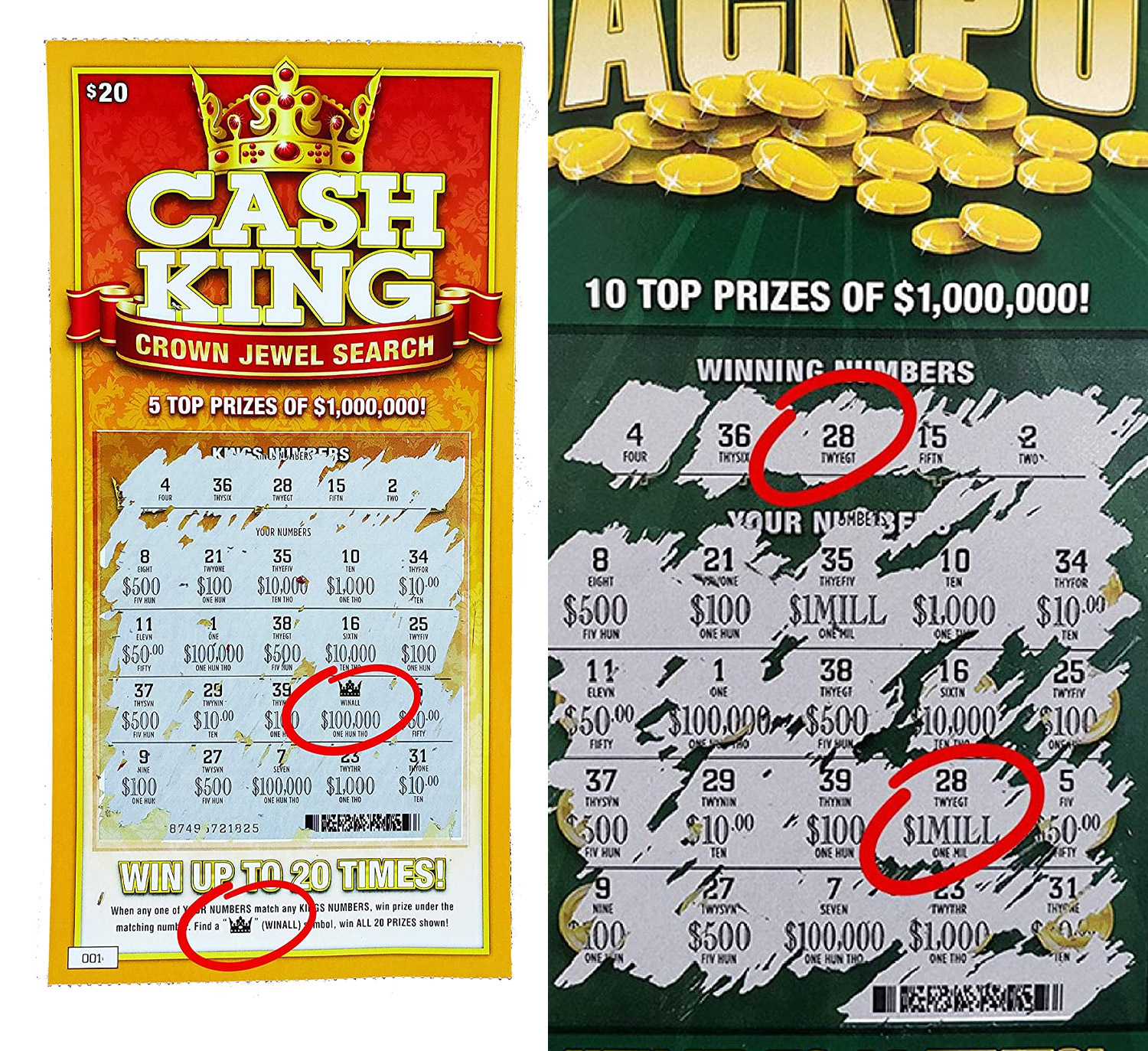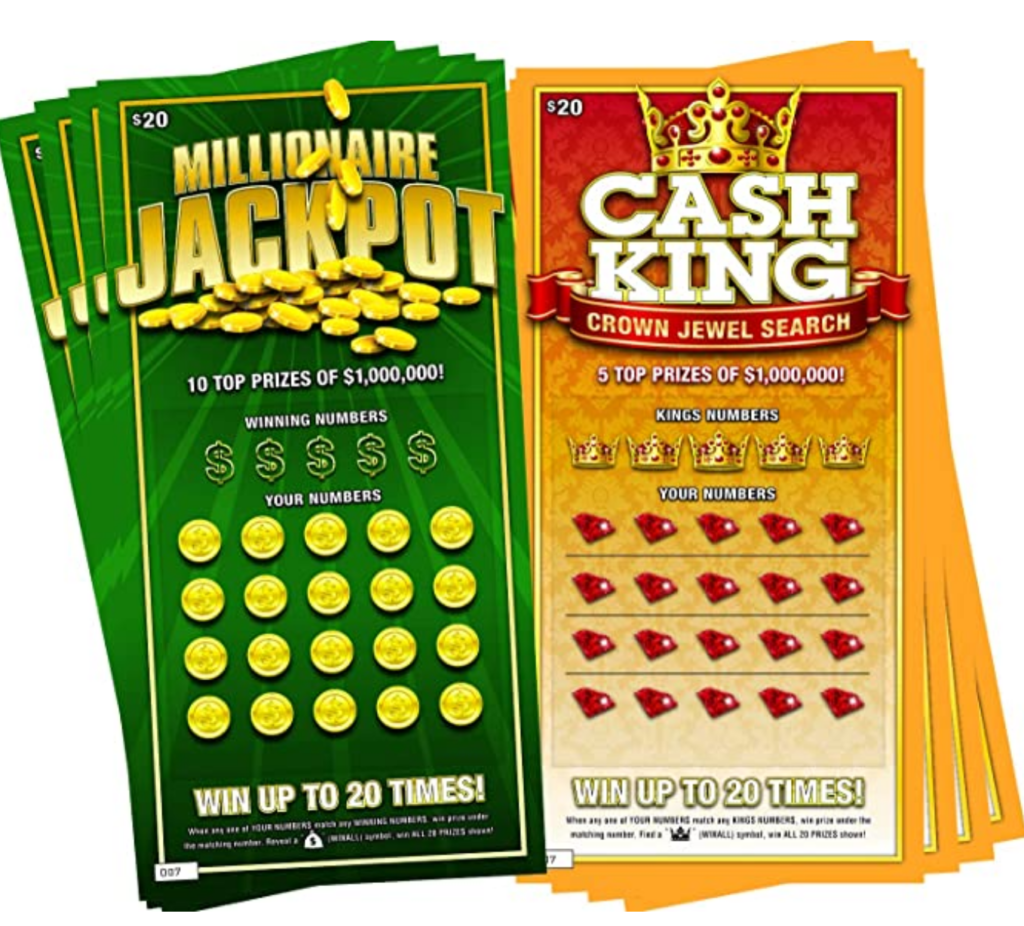

Passailaigue argued the reality was, “Culturally, people have experienced different ways not only to amuse themselves but to gamble. While golfers might have more disposable income than many scratch-off bettors, Mr. to go and play golf and bet on each hole.”


Passailaigue, the president of the state lotteries association, does not dispute that certain games appeal more to minorities and low-income people but he said these groups were not being singled out and the trend should not worry state lottery officials. Similarly, players with an annual income of less than $12,000 spent 33 percent more a month than those with incomes above $100,000. Players with a high school degree or less typically buy $20 a month worth of scratch-off tickets, compared with $10 for college graduates.

The demographic differences were especially sharp when it came to scratch-offs. In 2006, according to a University of North Texas survey commissioned by state lottery officials, the typical black player spent $70 a month on the lottery, compared with $47 for Hispanics and $20 for whites. Unlike most states, Texas is required by law to provide detailed demographic information on lottery participation data that backs up Mr. They’re buying $50 or $75 worth and this is in my district, which is limited-income.” They’re not buying one ticket or five tickets. “When I go to get a pack of cigarettes or a soda I’m in line behind people playing the lottery. “I didn’t think I’d be this concerned but it’s harming people,” said Garnet Coleman, a Democrat who represents a majority black district in Houston in the state legislature. “They don’t plumb the questions about depth of play, which the lotteries have chosen to obfuscate because they see themselves as vulnerable on this issue politically.” Cook, a professor of public policy at Duke University. “Surveys usually stop with the question: ‘Have you played in the last month?’” said Philip J. As lotteries have expanded their offerings, most states have emphasized statistics showing overall participation in any type of game, which typically matches the demographics of the population.Īcademic experts on the lottery, however, say this kind of analysis is misleading because it does not make a distinction between those who play once or twice a year players and daily or weekly bettors. Just who plays the lottery and how much has always been a contentious issue. But the report acknowledged these games “are considered to be more addictive than traditional lottery games and could contribute to a problem of pathological gambling.”
#Scratch off tickets how to
A Florida government report this year on how to enhance lottery revenue suggested that the introduction of video lottery terminals there could raise more than $1 billion a year. States are now considering even more potentially addictive offerings. Hardy said, “but the reason I play is I really need $20, $30, $40 or maybe $50.” “I feel at times I shouldn’t play again,” Mr. Hardy, who relies on $600 a month in federal disability payments to support himself, still spends $30 to $40 a week on the elusive dream of hitting it big. He has won $200 several times with a game called “Break the Bank,” but Mr.


 0 kommentar(er)
0 kommentar(er)
